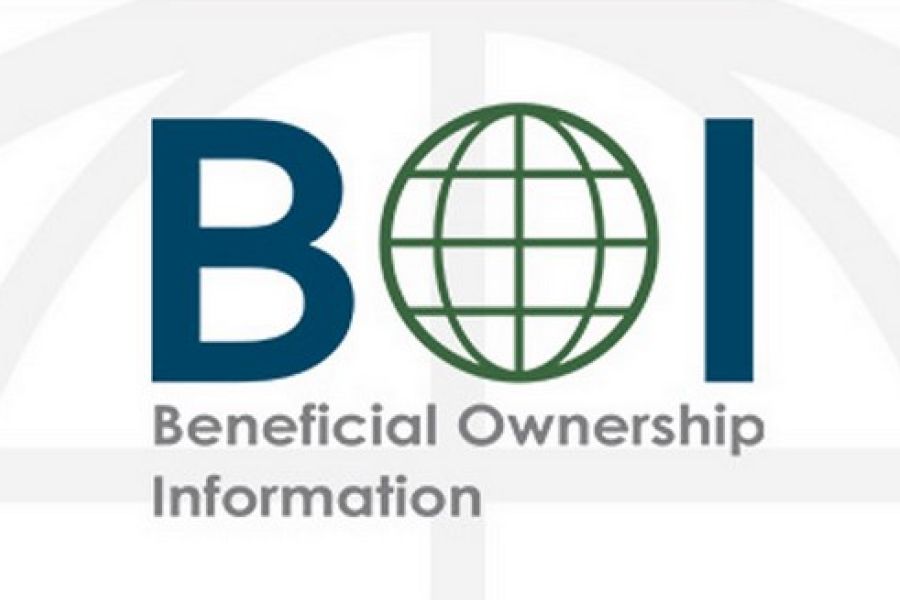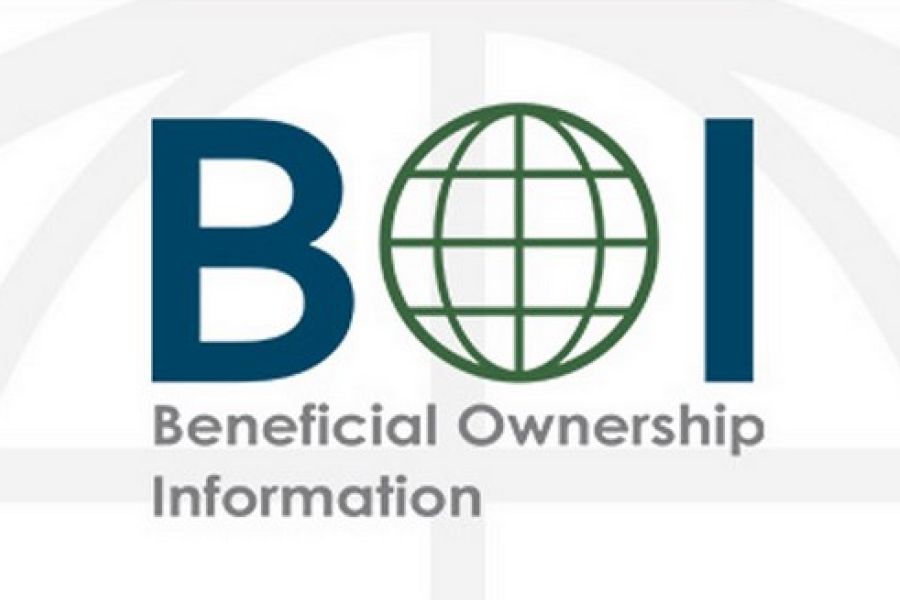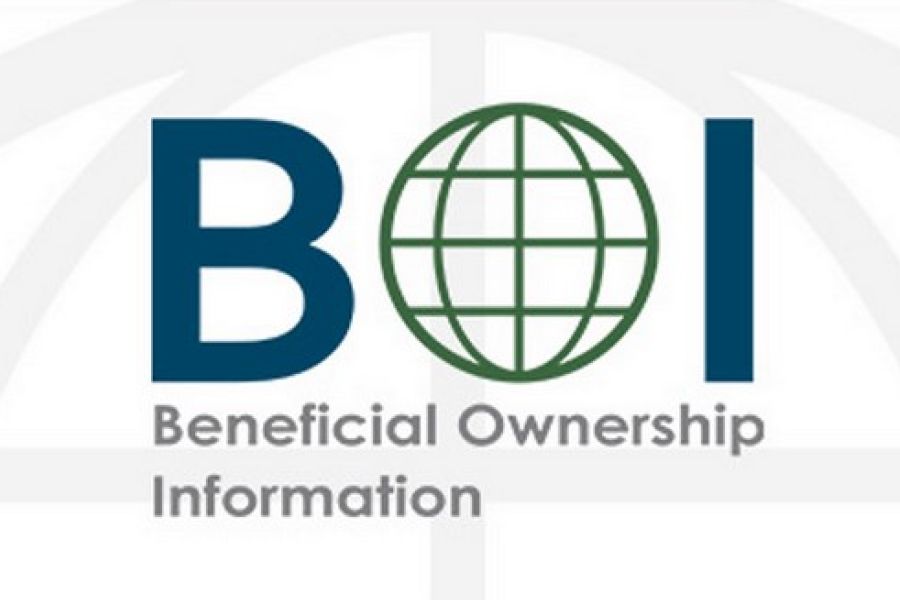When deciding on the best structure for your business, one option to consider is a C corporation. This entity offers several advantages and disadvantages that may significantly affect your business operations and financial health. Here’s a detailed look at the pros and cons of operating as a C corporation. Tax implications A C corporation allows the business to be treated and taxed separately from you as the principal owner. The corporate tax rate is currently 21%, which is lower than the highest non-corporate tax rate of 37%. One of the primary disadvantages of a C corporation is double taxation. The corporation’s profits are taxed at the corporate level and then any dividends distributed to shareholders are taxed again at the individual level. This can result in a higher overall tax...

Intangible assets, such as patents, trademarks, copyrights and goodwill, play a crucial role in today’s businesses. The tax treatment of these assets can be complex, but businesses need to understand the issues involved. Here are some answers to frequently asked questions. What are intangible assets? The term “intangibles” covers many items. Determining whether an acquired or created asset or benefit is intangible isn’t always easy. Intangibles include debt instruments, prepaid expenses, non-functional currencies, financial derivatives (including, but not limited to, options, forward or futures contracts, and foreign currency contracts), leases, licenses, memberships, patents, copyrights, franchises, trademarks, trade names, goodwill, annuity contracts, insurance contracts, endowment contracts, customer lists, ownership interests in any business entities (for example, corporations, partnerships, LLCs, trusts and estates) and other rights, assets, instruments and...
In a significant development for businesses across the United States, the legal landscape surrounding the Corporate Transparency Act (CTA) has taken a pivotal turn with the case of Smith et al. v. U.S. Department of the Treasury. Here’s what you need to know about the current state of affairs and what might lie ahead: The Legal Background On January 7, 2025, the U.S. District Court for the Eastern District of Texas issued a preliminary injunction in the case Smith v. U.S. Department of the Treasury, halting the enforcement of the CTA's beneficial ownership information (BOI) reporting requirements. This decision was a direct response to concerns raised by the plaintiffs, Samantha Smith and Robert Means, regarding the applicability and implications of these regulations on their businesses. Recent Developments The Department...
Understanding how to deduct transportation costs could significantly reduce the tax burden on your small business. You and your employees likely incur various local transportation expenses each year, and they have tax implications. Let’s start by defining “local transportation.” It refers to travel when you aren’t away from your tax home long enough to require sleep or rest. Your tax home is the city or general area in which your main place of business is located. Different rules apply if you’re away from your tax home for significantly more than an ordinary workday and you need sleep or rest to do your work. Your work location The most important feature of the local transportation rules is that your commuting costs aren’t deductible. In other words, the fare you...
As a small business owner, managing health care costs for yourself and your employees can be challenging. One effective tool to consider adding is a Health Savings Account (HSA). HSAs offer a range of benefits that can help you save on health care expenses while providing valuable tax advantages. You may already have an HSA. It’s a good time to review how these accounts work because the IRS has announced the relevant inflation-adjusted amounts for 2025. HSA basics For eligible individuals, HSAs offer a tax-advantaged way to set aside funds (or have their employers do so) to meet future medical needs. Employees can’t be enrolled in Medicare or claimed on someone else’s tax return. Here are the key tax benefits: Contributions that participants make to an HSA are...
You’re not alone if you’re confused about the federal tax treatment of business-related meal and entertainment expenses. The rules have changed in recent years. Let’s take a look at what you can deduct in 2024. Current law The Tax Cuts and Jobs Act eliminated deductions for most business-related entertainment expenses. That means, for example, that you can’t deduct any part of the cost of taking clients out for a round of golf or to a football game. You can still generally deduct 50% of the cost of food and beverages when they’re business-related or consumed during business-related entertainment. Allowable food and beverage costs IRS regulations clarify that food and beverages are all related items whether they’re characterized as meals, snacks, etc. Food and beverage costs include sales tax, delivery fees...
If you own a growing, unincorporated small business, you may be concerned about high self-employment (SE) tax bills. The SE tax is how Social Security and Medicare taxes are collected from self-employed individuals like you. SE tax basics The maximum 15.3% SE tax rate hits the first $168,600 of your 2024 net SE income. The 15.3% rate is comprised of the 12.4% rate for the Social Security tax component plus the 2.9% rate for the Medicare tax component. For 2025, the maximum 15.3% SE tax rate will hit the first $176,100 of your net SE income. Above those thresholds, the SE tax’s 12.4% Social Security tax component goes away, but the 2.9% Medicare tax component continues for all income. How high can your SE tax bill go? Maybe a...
In a surprising turn of events, the Fifth Circuit Court of Appeals has reinstated a nationwide injunction that halts the enforcement of beneficial ownership information (BOI) reporting requirements. This decision, made on Thursday, reverses an earlier order from the same court issued just days prior. The court's latest action aims "to preserve the constitutional status quo while the merits panel considers the parties' weighty substantive arguments," according to the court's order. This refers to the panel of judges who will ultimately decide the appeal regarding the Corporate Transparency Act (CTA). The CTA, enforced by the Financial Crimes Enforcement Network (FinCEN), mandates that reporting companies disclose detailed information about their beneficial owners. This legal back-and-forth began with a Texas federal district court's injunction on December 3, 2024, in the...
Following a significant federal Court of Appeals decision on December 23, 2024, the Financial Crimes Enforcement Network (FinCEN) has once again mandated that reporting companies file Beneficial Ownership Information (BOI). However, recognizing the confusion and delay caused by a recent preliminary injunction, FinCEN has graciously extended the deadline for compliance. . Here's how it breaks down: . Companies Created or Registered Before January 1, 2024: You now have until January 13, 2025 to file your initial beneficial ownership information reports. This is an extension from the original January 1, 2025 deadline. . Companies Created or Registered Between September 4, 2024, and December 23, 2024: If your filing deadline fell between December 3, 2024, and December 23, 2024, you've been granted an extension to January 13, 2025. . Companies Created...
In a significant legal development, a U.S. Appeals Court has lifted a temporary block on the enforcement of a key anti-money laundering law, known as the Beneficial Ownership Information (BOI) reporting requirement. This decision ensures that the January 1, 2025, deadline for reporting will proceed as planned. . On Monday, a three-judge panel from the 5th U.S. Circuit Court of Appeals in New Orleans overturned a nationwide injunction set by U.S. District Judge Amos Mazzant in Sherman, Texas. The injunction, issued on December 3, 2024, had halted the enforcement of the Corporate Transparency Act (CTA), following a legal challenge by the National Federation of Independent Business (NFIB) and several small businesses. They argued that the CTA was unconstitutional, but the appeals court disagreed. . The panel, consisting of Judges...










